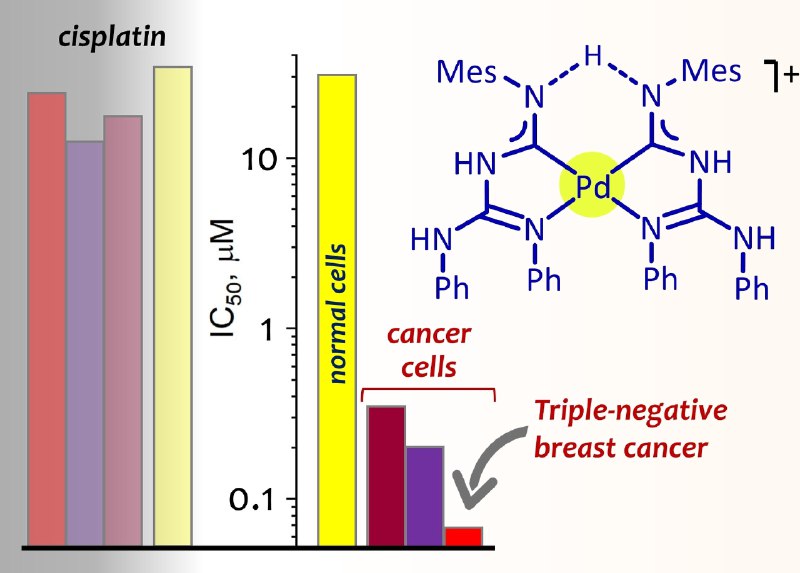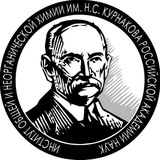group-telegram.com/chemrussia/3860
Last Update:
Получение соединений для таргетной терапии рака
Международный коллектив ученых из Санкт-Петербургского государственного университета, Тольяттинского государственного университета, Национального медицинского исследовательского центра онкологии им. Н. Н. Блохина, Белорусского государственного университета (Беларусь, Минск) синтезировал соединения палладия, которые способствуют запуску процесса программируемой гибели раковых клеток. Выявлено, что полученные комплексы безопасны для здоровых тканей и способны подавлять активность злокачественных новообразований. Исключительность использованного химиками метода заключается в сборке органической молекулы непосредственно в координационной сфере металла.
Результаты исследования опубликованы в Chemistry - A European Journal и могут быть использованы для разработки нового поколения препаратов таргетной терапии онкологических заболеваний.
S. A. Katkova, A. S. Bunev, R. E. Gasanov, D. A. Khochenkov, A. V. Kulsha, O. A. Ivashkevich, T. V. Serebryanskaya, M. A. Kinzhalov. Metal-(Acyclic Diaminocarbene) Complexes Demonstrate Nanomolar Antiproliferative Activity against Triple-Negative Breast Cancer. Chem. Eur. J. 2024, e202400101.
https://doi.org/10.1002/chem.202400101
Источник: Научная Россия
#российскаянаука
BY Химия в России и за рубежом (канал ИОНХ РАН)

Share with your friend now:
group-telegram.com/chemrussia/3860
